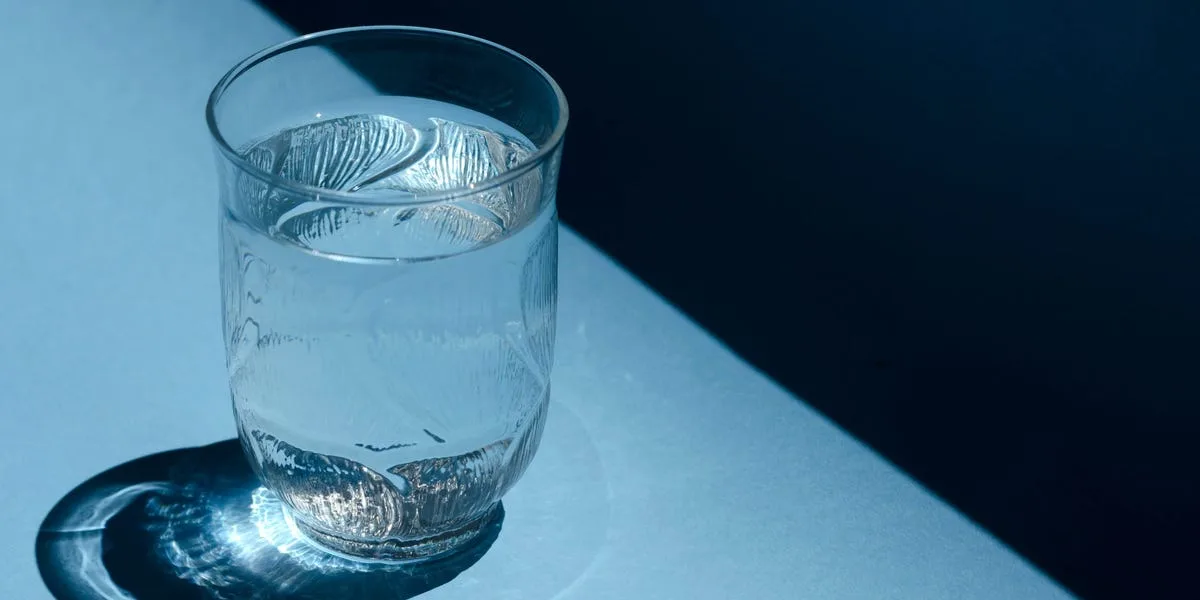Is Adding Sea Salt to Your Water the Ultimate Hydration Hack?
You’ve probably heard about all sorts of hydration tips and tricks, but have you ever considered adding a pinch of sea salt to your drinking water? It’s a trending topic right now, and while it might sound a little strange, there’s some science behind why people are trying it. Let’s dive into the potential benefits and, more importantly, the risks of overdoing it with sodium.
Why Add Sea Salt to Your Water?
The idea behind this hydration hack is that adding a small amount of sea salt can help your body absorb water more effectively. Here’s why:
- Electrolyte Balance: Sea salt contains electrolytes like sodium, potassium, and magnesium, which are essential for maintaining fluid balance in the body. When you sweat, you lose these electrolytes, and replenishing them can help prevent dehydration.
- Enhanced Hydration: Sodium helps pull water into your cells, which can improve hydration, especially after intense physical activity.
- Improved Performance: Some athletes swear by adding sea salt to their water to boost performance and reduce muscle cramps.
The Potential Benefits Explained
Adding a pinch of sea salt to your water could lead to a few noticeable benefits:
- Better Hydration: Feel more hydrated, especially after workouts.
- Electrolyte Replenishment: Replenish lost electrolytes through sweat.
- Reduced Muscle Cramps: Possibly reduce the occurrence of muscle cramps during exercise.
The Risks of Too Much Sodium
While a little sea salt might be beneficial, it’s crucial to be aware of the risks associated with excessive sodium intake:
- High Blood Pressure: Too much sodium can lead to high blood pressure, increasing the risk of heart disease and stroke.
- Kidney Problems: Excessive sodium can put a strain on your kidneys.
- Water Retention: Sodium can cause your body to retain water, leading to bloating and discomfort.
How Much Sea Salt Is Safe?
If you’re considering trying this hydration hack, moderation is key. A good starting point is to add just a pinch – about 1/4 teaspoon – of sea salt to a liter of water. It’s important to listen to your body and consult with a healthcare professional, especially if you have any underlying health conditions.
Who Should Avoid This Trend?
Certain individuals should be cautious or avoid this trend altogether:
- People with High Blood Pressure: Adding extra sodium can exacerbate their condition.
- Individuals with Kidney Issues: Their kidneys might not be able to handle the extra sodium load.
- Those on Low-Sodium Diets: This trend is obviously not suitable for them.
Final Overview: Is It Right for You?
Adding sea salt to your water can be a helpful hydration strategy for some, especially athletes or those engaging in strenuous activities. However, it’s essential to weigh the potential benefits against the risks and to consume sodium in moderation. Always consult with a healthcare provider or registered dietitian before making significant changes to your hydration routine.




+ There are no comments
Add yours